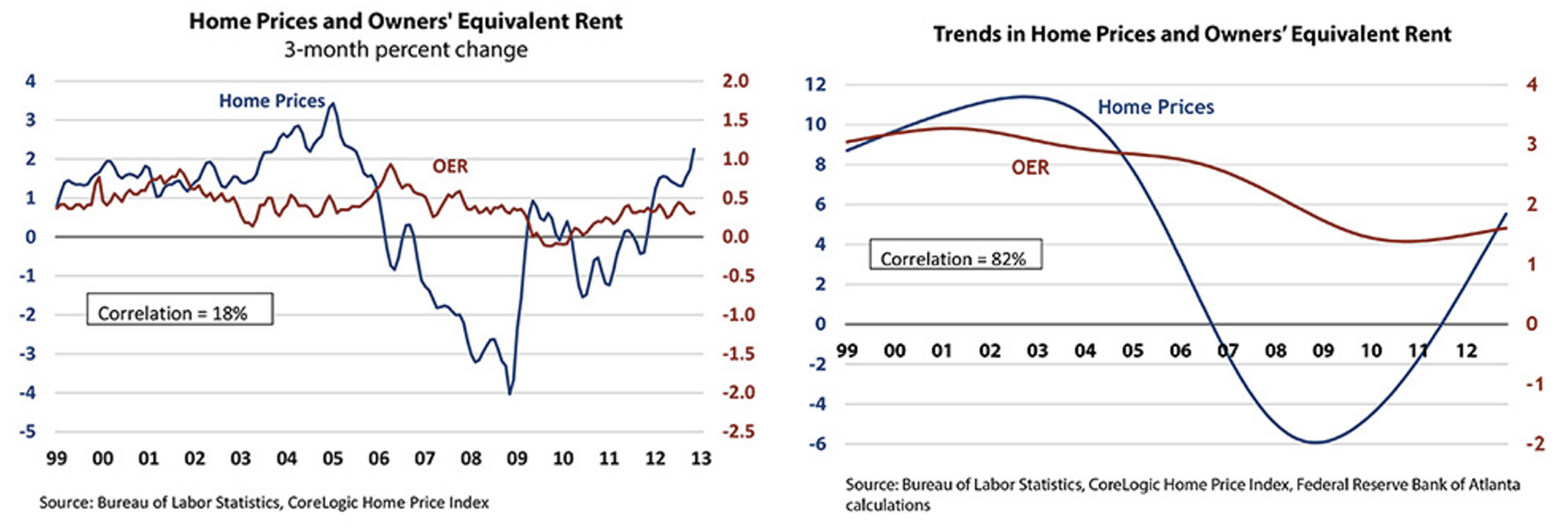In the near future, your next fast food meal could be made by a robot chef!
Yes, you read that right! So let me explain.
On October 29, 2020, I tweeted news about a robot named Flippy.
As a robot chef, at the time, Flippy could cook 19 items, from burgers to chicken tenders.
Flippy was also a prime example of what Ian King and I call “Next-Gen” mega trends — artificial intelligence (AI) and robotics. And these trends were actively making a difference.
If you don’t remember White Castle, at the time, this American hamburger restaurant chain had 377 locations across 13 states. And it was about to add Flippy robots in 10 locations.
Two years later, the robot chef has seriously upgraded. And it’s all thanks to Miso Robotics (Flippy’s maker).
Miso Robotics is a Los Angeles-based robotics company. Its self-proclaimed mission is to “make restaurant operations safer, easier, and friendlier.”
The new model, called Flippy 2, requires even less labor to operate and is engineered to fry an assortment of foods. According to Miso, Flippy 2’s “compact, modular design makes it adaptable to even the tightest kitchen spaces.”

White Castle now plans to bring Flippy 2 to 100 more locations! But White Castle isn’t the only restaurant turning to robotics.
Buffalo Wild Wings is testing a “Flippy 2 Wings” robot chef, designed for high-volume chicken restaurants. It even includes refrigerated product dispensing.
Meanwhile, Chipotle is testing Miso’s robot to prepare and season its tortilla chips with salt and lime. Chipotle notes that this task is time-consuming for their human employees.
And here’s a tip: If you are in the restaurant business, Flippy 2 can be yours for about $3,000 per month.
That’s right. Flippy 2 is a rented robot. Not owned.
Flippy 2 is part of a growing robotics industry trend that’s set to transform how repetitive tasks get done — in restaurants, factories, labs and more. It’s called Robot-as-a-Service (RaaS).
How Robot-as-a-Service Could Become a $44 Billion Market
Service-based technology markets are only getting more and more sophisticated.
There’s Software-as-a-Service (SaaS), which is making companies more scalable and efficient on an IT level. And there’s Production-as-a-Service (PaaS), which is reshaping how company factories operate and distribute products.
And now the robotics industry is evolving toward a Robot-as-a-Service (RaaS) market. Like SaaS and PaaS, RaaS is a B2B industry that’s helping businesses (small and large) streamline and cut operating costs.
This is what we call “doing more with less.” And Next-Gen companies (ones that innovate and thrive) do this best of all.
Flippy 2 is a perfect example of how businesses are adapting to the current bear market conditions — by entering into in the rising Fourth Industrial Revolution world.
The Case for Rent-a-Robot
Instead of buying, installing and maintaining robots, companies can now pay a subscription fee to rent a cloud-based robot.
These “rent-a-robots” allow businesses to have all the benefits without the high costs of owning a robot outright.
Also, the flexible business model has major benefits. According to Thomasnet (a marketing service provider for manufacturers), the pros of RaaS include:
- Zero capital cost, giving businesses instant return on investment.
- The ability to return robots — or ask for a new design at the end of the one-year contract if demand has changed for the business.
- Simple pricing with no nickel and diming, no hidden costs.
The Global Value of Robot-as-a-Service
The global RaaS market was valued at approximately $14.5 billion in 2021. It’s expected to reach $44 billion by 2028.
That’s a 203% increase!

But while we can all probably agree that $44 billion from just $14.5 billion is an impressive projection, what does this figure look like practically?
Who is actually using RaaS, aside from White Castle, Buffalo Wild Wings and maybe Chipotle?
Well, the truth is RaaS is already being used across several major industries. This “Brave, New World of Robots-as-a-Service” infographic from Insights sums it up nicely:

RaaS is actively used in factories, warehousing, delivery services, security and commercial cleaning.
How to Take Advantage of The Rising Robotics Market
A potential $44 billion market isn’t something I would ignore. Especially because it’s a market that major restaurant chains and other businesses are investing in right now, despite record inflation and the threat of a recession.
Perhaps Robot-as-a-Service technology will be the key to these businesses staying in the game. It’s already cutting operating costs and making processes more efficient.
To play the RaaS revolution right, consider buying shares in the Global X Robotics & Artificial Intelligence ETF (Nasdaq: BOTZ).
BOTZ is an exchange-traded fund (ETF) that seeks to invest in companies that could benefit from increased adoption and utilization of robotics and AI (and RaaS).
This ETF gives you exposure to a basket of low-priced stocks in the robotics industry, and you can potentially profit from it in the next few years — as RaaS grows.
Mega trends like robotics and AI are here to stay, friends. Because that’s what Next-Gen technologies do: more with less.
Until next time,

Amber Lancaster
Director of Investment Research, Strategic Fortunes
Disclaimer: We will not track any stocks in Winning Investor Daily. We are just sharing our opinions, not advice. If you want access to the stocks in our model portfolio with tracking, updates and buy/sell guidance, please check out Strategic Fortunes.















